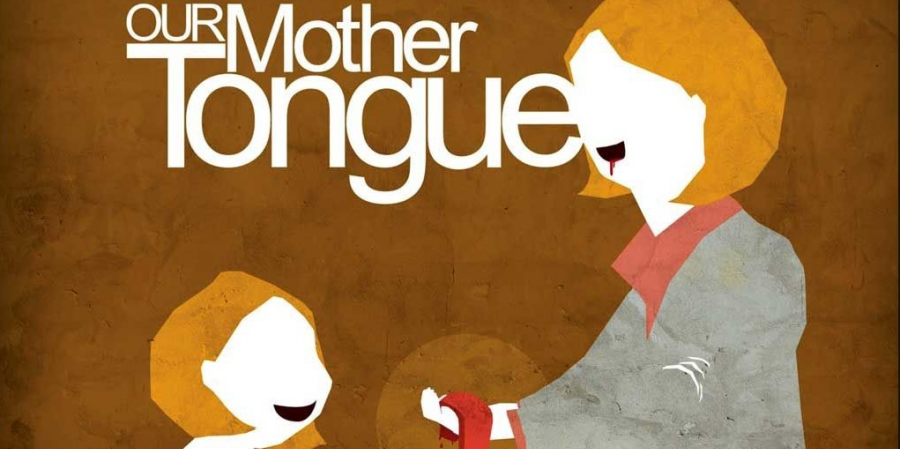

Speaking one's mother tongue fluently has extra importance in a society where multiculturalism and globalisation are standard. We explore the significance, elegance, and numerous advantages of being fluent in your mother tongue.
Explores the various aspects of speaking one's mother tongue fluently. The essay looks at how language is not just a means of communication but also a repository for culture, identity, and tradition. Stories, first-person narratives, and literary and historical works are used to highlight the richness and diversity of language.
It also looks at the cognitive benefits of speaking one's mother tongue effectively, offering research to back up the idea that language proficiency enhances emotional intelligence in addition to cognitive flexibility and problem-solving skills.Being able to speak well in one's mother language improves links to one's hometown and neighbourhood.
The benefits of speaking your mother tongue fluently, including greater employment opportunities, higher academic achievement, and stronger relationships with family and elders. It highlights how being able to communicate well in one's mother tongue may lead to more possibilities and more meaningful interactions.
Many other components of language remain poorly understood, including identity, culture, emotions, and personality development, if language is just considered a tool for communication. If language had been the only tool used for communication, humans would have long before developed a universal tongue akin to the binary zeroes and ones that would have arisen.

Language is not a straightforward thing, though. However, when asked about their resistance or incapacity to study their mother tongue, this is the first response most individuals provide. We must clarify a few points right away as we start this conversation. Nobody is disputing that learning a language other than one's mother tongue is a good idea.we need to learn as many languages as we can.
Every language reflects the original community's literature, popular culture, music, movies, and folklore. A person is frequently deprived of the background and culture of the language when learning it as the "other" tongue. This occurs mostly because it takes a lot more time to master a language in all of its situations. A person who is learning a language out of need does not have access to such time. It may be for a job or for school.
A youngster can begin learning many languages at an early age. Nonetheless, in addition to additional language instruction in their mother tongue, they will acquire all of the languages at an astonishing rate and with astounding proficiency…
